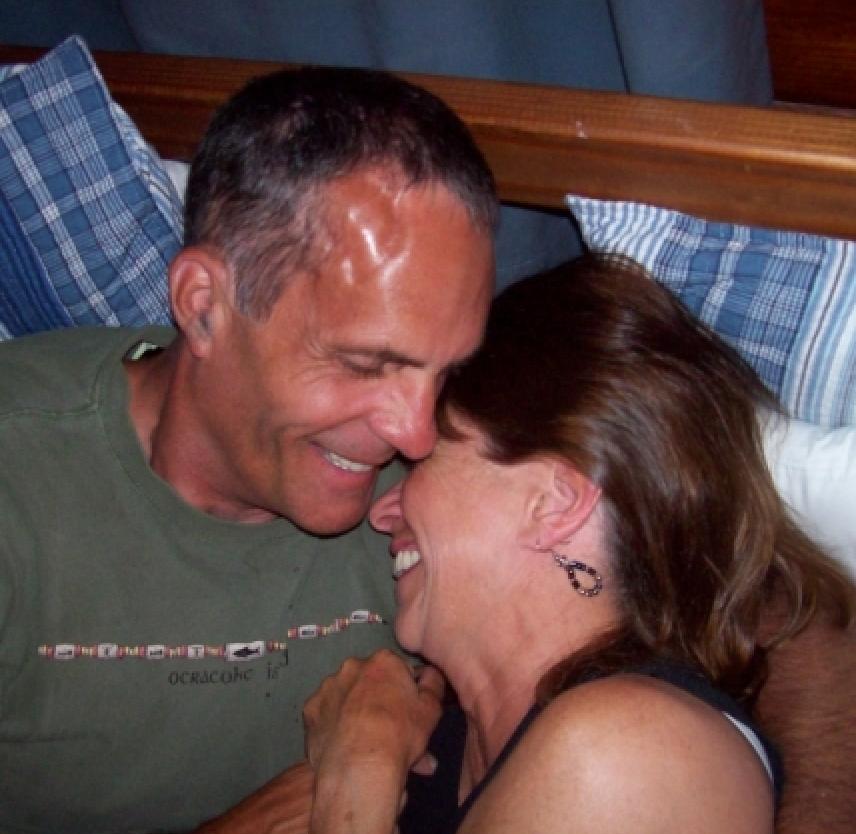
One way to take a problem and blow it away like the fuzz off a dandelion is to laugh at it, and if it’s too traumatic and serious to laugh about, laugh at everything surrounding it, or at yourself.
Humor is a great coping skill. Not only does humor help us deal with difficult and painful experiences, it helps everyone around us to relax.
My father, Pop Pop to his grandkids, always loved a good joke. He was a music teacher and the life of the party. His grandchildren adored him. So when he passed away and we were all at the funeral home gathered around his casket for the first time before they let the public in, the grandkids started crying. Their sorrow was contagious, making the room feel suffocating and morose. My five brothers and sisters and I looked helplessly at the kids, all of us lost in our own grief, until my brother, John, stood up and said, “Okay, now, everyone stand in a circle.” One by one, we rose and came over to where John stood with his back to the coffin until there were about 25 adults and grandchildren in a wide circle. The sound of sniffling and stifled tears filled the room. John looked around at us and he began singing, “You put your right hand in. You take your right hand out. You put your right hand in and you shake it all about.” Smiles crept up on our faces, and voices joined in. “You do the Hokey Pokey and you turn yourself around. That’s what it’s all about!” Clap! Everyone broke out laughing. We laughed loud and long, all of us knowing that’s what Pop Pop would have wanted. John took Pop’s music and turned the saddest of moments into a joyous, memorable moment.
That’s what humor does; it transforms us, instantly. It pries us loose when we’re stuck. It allows us to see life as a flowing process where we can fall deep into sorrow one moment, and find ourselves laughing the next.
Over the course of Hugh’s TBI rehabilitation, we laughed many times when we really wanted to cry. Hugh laughed at himself to make others more comfortable around him. Once a nurse stopped by and asked Hugh, the girls, and me, “Would anyone like a cracker?” and Hugh answered, “Polly.” When friends would look at the helmet he wore on his head after part of his skull was removed, he’d say, “Oh, that. It’s my brain bucket.”
During those moments, I think I was most proud of him. His courage, his strength, and determination were worthy of praise, but it was his humor that let us all in so we could love him right out of the depths of despair.
Watch Hugh talk about his divot here — and get a taste of his dry sense of humor.

Comments (5)
Please remember, we are not able to give medical or legal advice. If you have medical concerns, please consult your doctor. All posted comments are the views and opinions of the poster only.
Anonymous replied on Permalink
When I was a rehab therapist and clinical psychologist, I often found spontaneous humour boosted empathy between me and my client (and their family). Intense relationships, whether they are personal or 'clinical', can't be real if there is never any humour. It is as important as sadness, happiness, anger, guilt, and even love. And it is so much more fun than some of those emotions!
Anonymous replied on Permalink
Anonymous replied on Permalink
Anonymous replied on Permalink
Anonymous replied on Permalink